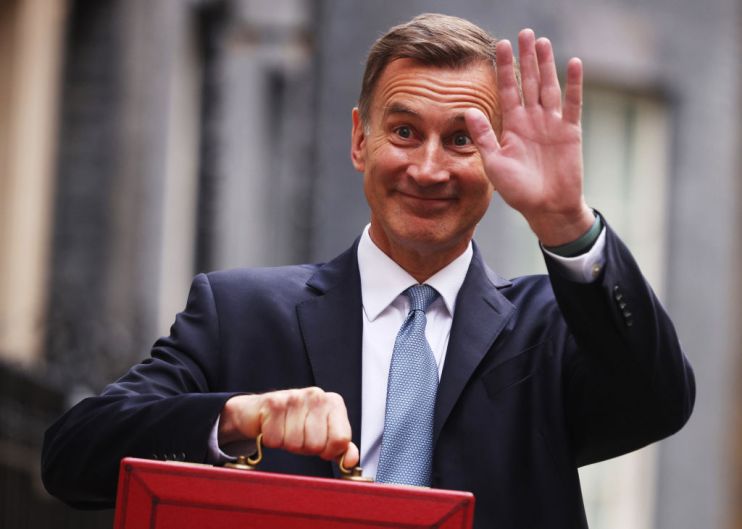Autumn Statement: Pay attention, the good stuff’s in the small print

Is it churlish to criticise a politician for a political intervention? One wouldn’t groan at Harry Kane for a well struck penalty or a ballet dancer for a well-executed plié, so maybe it’s harsh to look at Jeremy Hunt’s Autumn Statement in any other context than whether it worked on its own terms.
In that case, it did; it had retail offers, doorstep talking points and above all else managed to force Labour into choosing whether to criticise a tax cut. With 110 measures, it can hardly be described as light.
There is plenty to like: full expensing, obviously. Rate relief for small business is welcome, though bigger businesses were unfairly targeted.
The best stuff was, though, in the small print. A host of consultations and white papers published alongside promised genuine supply side reform, with planning in particular in the crosshairs. In the longer term, that slightly more boring stuff may be the more transformative.
Because – as Westminster discovered today, long after economists had grown tired of bemoaning it – fiscal drag means the ‘tax cut’ on national insurance is more of a plaster on a seeping wound. The frozen tax thresholds are a mean way of raising tax; designed to not be noticed, kicking in as they do when you get a pay rise and not entirely sure what you’re supposed to be taking home at all.
The real culprit is not Jeremy Hunt, though, but a tax code that has become too complicated for individuals to understand and HMRC to police.
After Brexit, Boris and Liz Truss’ bond drama, this is politics as normal. Two parties competing on the economy, and whether or not you can keep more of your own cash. In some ways that’s cheering for those of us who believe that people are better at spending their money than government.
It’s a shame the context remains the ratcheting up, over and over again, of the size of the state.
